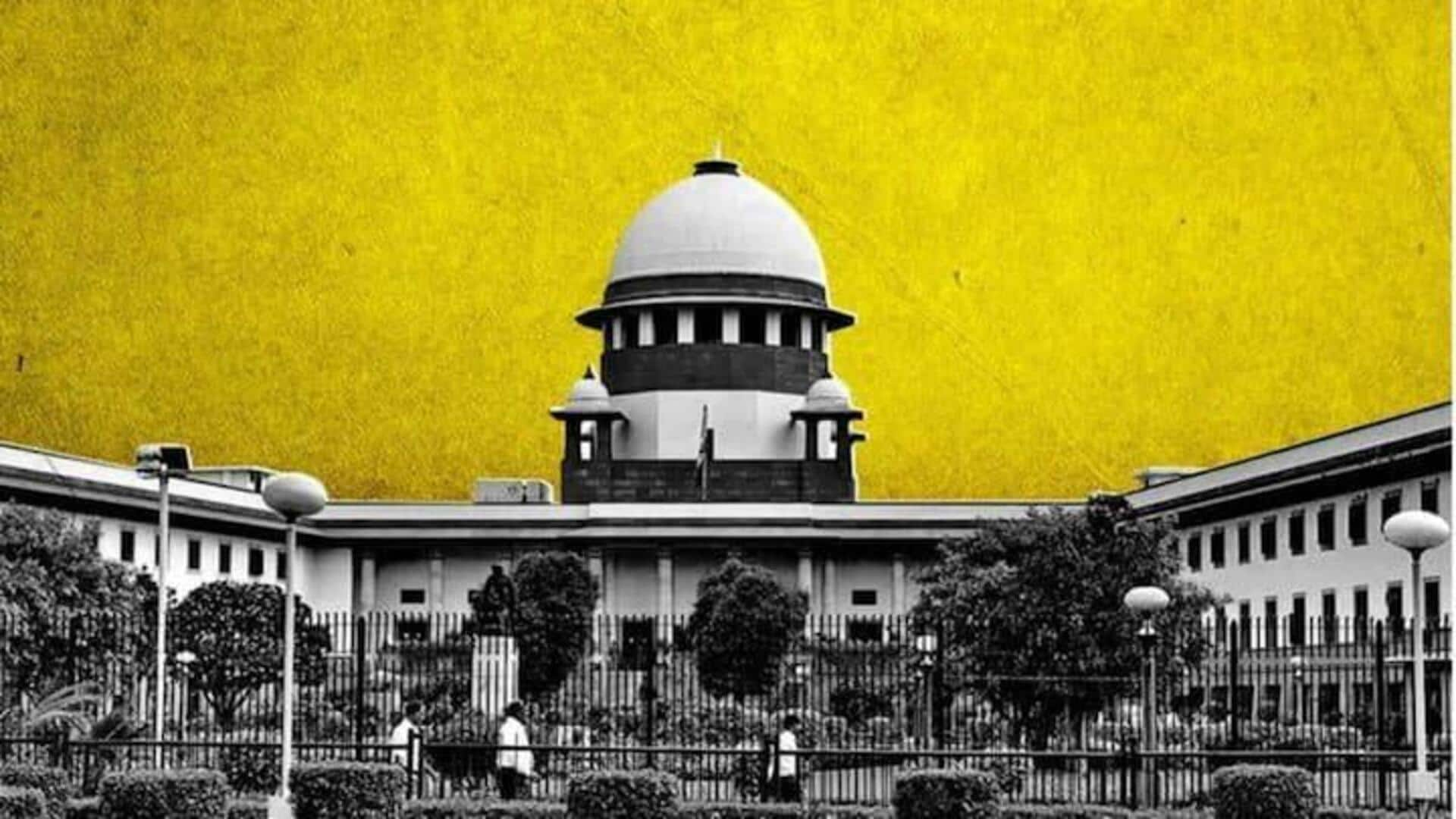
Supreme Court lists 8 factors to consider when deciding alimony
What's the story
The Supreme Court of India has laid down certain factors for determining an alimony amount amid the ongoing furor over the suicide of Bengaluru-based techie Atul Subhash, who alleged harassment from his wife and in-laws. According to the bench of Justice Vikram Nath and Justice Prasanna V Varale, the alimony must be decided based on eight points.
Points
Formula to decide alimony
The factors to evaluate include the husband and wife's social and economic standing, as well as the basic needs of the wife and children in the future. Qualification and employment for both parties Income and assets, standard of living of the wife while living at her in-laws' house, and if she left her job to take care of the family.
Others
Last 2 points
The other points are: an acceptable amount for a legal battle for a non-working wife and what will be the husband's financial status, salary, duties, along with alimony. The bench laid down the formula while hearing the divorce case of a couple, Praveen Kumar Jain and Anju Jain. It also asked all courts to base their orders on the criteria outlined in the judgment.
Case
SC directed husband to pay ₹5 crore in alimony
In this divorce case, the SC bench ordered Praveen to pay ₹5 crore in alimony to his wife and ₹1 crore for his adult son's upkeep and financial security. The appellant and respondent (wife) were married for six years before living separately. The husband said that his wife was extremely sensitive and aloof from his family, while she claimed that he mistreated her.
Previous ruling
Some women exploiting cruelty law against husbands': Supreme Court
In a previous ruling in a different case, the Supreme Court had raised alarm over the abuse of Section 498A, a law meant to punish cruelty by husbands and their relatives against married women. The bench of Justice BV Nagarathna and Justice N Kotiswar Singh noted how some women are misusing this provision to blackmail husbands and their families into fulfilling unreasonable demands.
Case
'Making generalized allegations will lead to misuse of legal processes'
The court said it has observed a rising trend where this law is used "as a tool for unleashing personal vendetta against the husband...by a wife." "Making vague and generalized allegations during matrimonial conflicts, if not scrutinized, will lead to the misuse of legal processes and an encouragement for the use of arm-twisting tactics by a wife and/or her family," the judgment said.